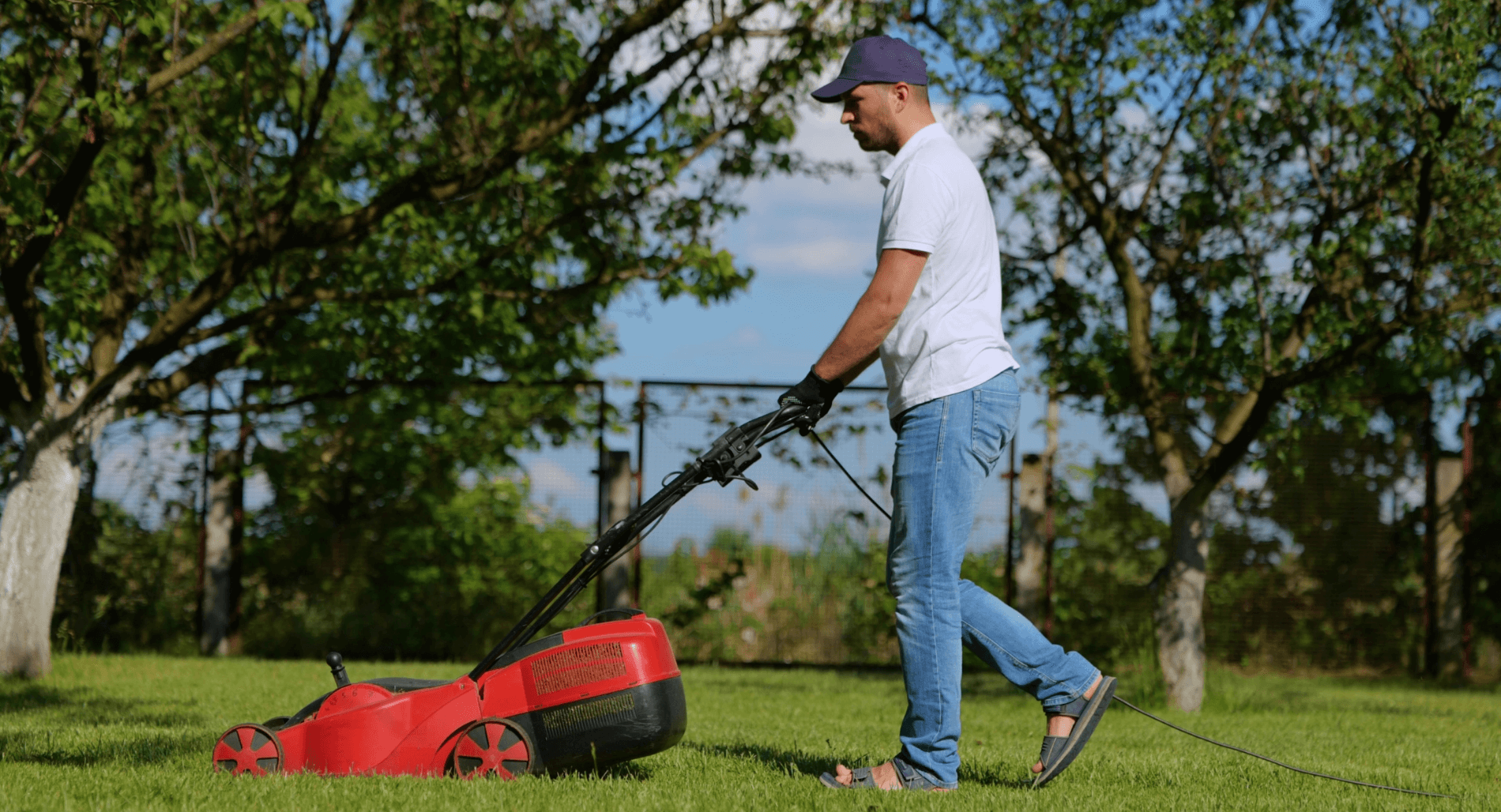While we all understand the dangers of loud noises at concerts or industrial workplaces, there are a few culprits closer to home that often go overlooked when it comes to hearing loss. Noise-induced hearing loss is a serious health concern and is becoming increasingly prevalent, especially with the modern lifestyle that constantly exposes us to excessive noise.
Let’s explore some of the ordinary household items that can pose a risk to your hearing and provide tips on protecting your ears from these seemingly benign sources of noise.
Understanding Decibels and Hearing Damage
Before we dive into specific items, let’s talk about decibels (dB). These are the units used to measure sound intensity. Sounds above 85 dB can lead to hearing damage after prolonged exposure. Unfortunately, many household items can produce noise levels near or above this threshold. It’s not just the loudness of a sound but also the duration of exposure that can affect hearing health.
Hair Dryers, Vacuums, and Blenders
Items like hairdryers can reach 90 dB, and while you may not use them for extended periods, the cumulative effect can be significant. Similarly, vacuum cleaners and kitchen appliances can exceed safe sound levels. Though it may seem impractical to don ear protection every time you blend a smoothie or vacuum a room, being mindful of the duration and frequency can go a long way in safeguarding your hearing.
Home Entertainment Systems
Our leisure activities often involve the use of TVs, stereo systems, and gaming consoles, which can easily produce sounds that exceed 100 dB. A good rule of thumb is to keep the volume at a level where you can still comfortably have a conversation with someone in the room. This ensures that the sound isn’t too loud for your ears while also being considerate of others’ hearing health.
Tools and Gardening Equipment
The peaceful image of spending a weekend tending to your garden can be darkened by the potentially harmful noise levels produced by lawnmowers, leaf blowers, and power tools. These can emit noise levels ranging from 80 to 100 dB or more. It’s important to wear ear protection like earplugs or noise-canceling headphones when operating these tools to prevent long-term hearing damage.
Children’s Toys
Parents may be surprised to learn that even children’s toys can produce harmful levels of noise. Some toys can emit sounds over 90 dB! When choosing toys for your little ones, check the noise rating and monitor how they are used to ensure they’re not held too close to the ears.
Proactive Measures for Hearing Protection
Volume Control and Monitoring
Prevention is the best remedy for noise-induced hearing loss. Keep a close eye on the volume of your devices and try to opt for appliances that have low noise levels.
Regular Breaks from Noise
When using noisy appliances, make sure to give your ears frequent breaks. For instance, if you’re vacuuming your home, take a five-minute break every 20-30 minutes to reduce your overall noise exposure.
Use Sound-Absorbing Materials
Incorporate materials in your home decor that absorb rather than reflect sound—carpets, curtains, and upholstered furniture can help reduce the amount of sound bouncing around your rooms.
Ear Protection
Invest in high-quality earplugs or earmuffs for use during extended exposure to high noise levels, like when using power tools or gardening equipment.
Safe Distance
Stand as far away as possible from the source of loud noise when these appliances are in operation to reduce your noise exposure.
Regular Hearing Check-ups
Incorporate annual hearing evaluations into your health check-up routine. This will help you monitor your hearing health and take any necessary steps early on to prevent further damage.
Mindfulness
Be aware of the noise in your environment and take conscious steps to minimize it whenever possible. Teach family members, especially children, to be mindful of how they use entertainment systems and toys.
Engaging Technology for Better Hearing Health
Today, many apps can help you monitor noise levels in your environment, set limits on the volume of your devices, and even provide tips on preventing hearing loss. Additionally, technological advancements have led to the manufacturing of quieter appliances, so considering a replacement could be a wise investment in your hearing health.
Visit Us For A Hearing Test
In a world where noise is almost an inevitable background to our daily lives, understanding and mitigating the risks associated with household noise can make a significant difference to our long-term hearing health. By taking a few precautions, you can enjoy the conveniences and joys of modern living without compromising your hearing.

